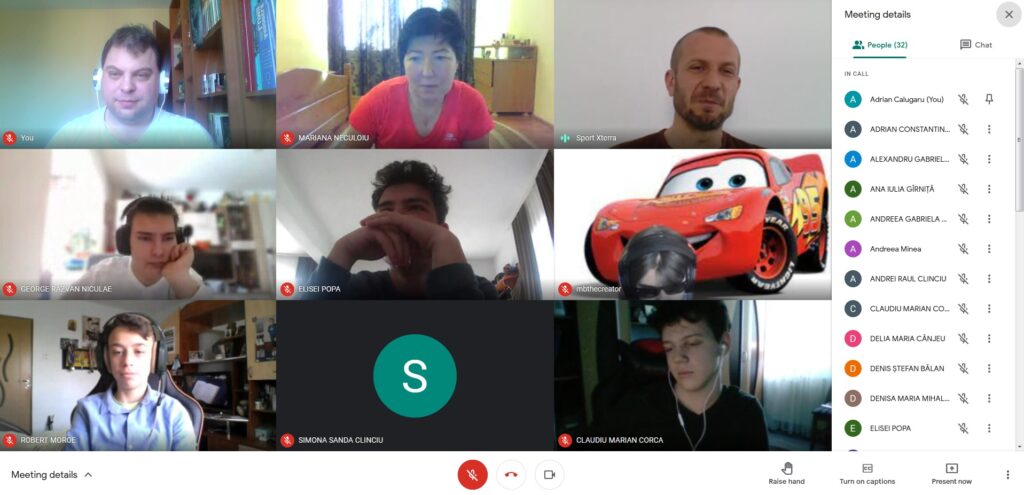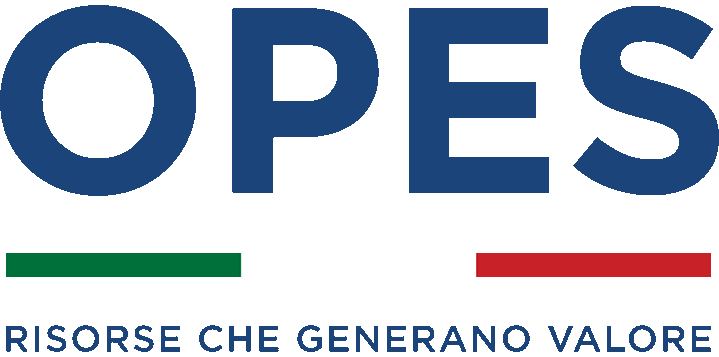Il progetto internazionale Soft Skills Through Sport For Active Youth, avviato nel 2019, si appresta a vivere la sua parte conclusiva. In 4 Paesi dell’Unione Europea i partner hanno lavorato alacremente per raggiungere un prestigioso traguardo: promuovere l’educazione nell’ambito sportivo e, attraverso lo sport, concentrarsi sullo sviluppo delle competenze trasversali nei giovani di età compresa tra i 15 e i 20 anni. In attesa di conoscere i risultati dell’iniziativa e gli ultimi step, la nostra Linda Rombolà, in rappresentanza dell’Ufficio Relazioni Internazionali di OPES, ha intervistato Adrian Calugaru, coordinatore del progetto Soft Skills Through Sport For Active Youth.
Linda Rombolà [LR]: Ciao Adrian e grazie per aver preso parte a questa intervista, partiamo dall’inizio: come è nata l’idea del progetto e quali obiettivi vi siete posti? Perché l’argomento trattato è così importante?
Adrian Calugaru [AG]: “Il tema del progetto è emerso durante una sessione di brainstorming dei nostri membri e dopo la discussione che abbiamo avuto con potenziali partner, tra cui OPES. Riteniamo che lo sport sia un metodo estremamente utile che può aiutare a sviluppare progetti educativi, come questo. La Romanian Humanist Association non è un’associazione sportiva, ma è disposta a sviluppare metodi alternativi per progetti educativi che possano aiutare lo sviluppo personale tra i giovani.”
[LR]: Il progetto è iniziato e poi è scoppiata la pandemia da covid-19. Come ha influito il nuovo scenario innescato dal coronavirus sulla realizzazione del progetto e come siete riusciti a superare le sfide?
[AG]: “L’epidemia di Covid-19 ha costretto l’intero partenariato a reinventarsi e ad adattarsi ad una nuova realtà che nessuno di noi aveva mai vissuto prima. Quindi abbiamo dovuto imparare gli uni dagli altri, passando da riunioni ed eventi dal vivo a quelli online. Certo, alcune attività sono state ritardate, il programma è stato rifatto, ma la durata del progetto – 2 anni – ci ha permesso di essere puntuali con la ricerca e le attività che abbiamo dovuto sviluppare durante la nostra partnership.”
[LR]: Quali sono i principali risultati ottenuti da voi e dai vostri partner, sui quali potete costruire in futuro?
[AG]: “Durante il nostro progetto, ogni partner ha rafforzato la sua rete con le istituzioni educative, facilitando il dialogo tra adolescenti ed esperti di sport nelle classi. Inoltre, abbiamo condotto uno studio su larga scala, con circa 1000 risposte in 2 diverse fasi, che ha misurato i benefici del fare sport nello sviluppo delle competenze trasversali dei giovani. Questa indagine ha evidenziato la necessità di un potenziamento alternativo tra i giovani al di fuori del sistema educativo formale, tenendo in considerazione che molti datori di lavoro sono alla ricerca di potenziali dipendenti con un alto livello di competenze trasversali. Lo studio è stato condotto in 2 fasi e i risultati saranno presto disponibili sul nostro sito Web, dopo aver terminato l’elaborazione dei dati, in modo che possano essere utilizzati apertamente da chiunque desideri sviluppare questo argomento in altri simili contesti.”
[LR]: Ora che il progetto è quasi terminato, quali saranno i prossimi passi? Avete già pianificato se e come proseguire?
[AG]: “Ogni volta che un progetto finisce, per prima cosa ne valutiamo il successo e il raggiungimento degli obiettivi. Seguendo il feedback dei partner o a livello locale, decidiamo come possiamo utilizzare i risultati acquisiti nelle attività future – a livello locale per ciascuno dei partner, o a livello internazionale, preparando magari una nuova proposta progettuale su un argomento simile. Naturalmente, mantenere vivo il sito web del progetto è uno dei nostri obiettivi e siamo fiduciosi che il feedback a lungo termine che riceveremo contribuirà allo sviluppo di nuove e belle iniziative.”
In attesa di conoscere i prossimi appuntamenti, ringraziamo Adrian Calugaru per il tempo dedicatoci e Linda Rombolà per la più che mai preziosa collaborazione.

ENGLISH VERSION
The Soft Skills Through Sport For Active Youth project: a talk with the coordinator
The project Soft Skills Through Sport For Active Youth, started in 2019, is coming to an end. The project has involved 4 countries to work on a very important objective: promoting education in and through sport focusing on soft skills development in youth, aged 15-20 years old.
Looking forward to the project results and its next steps, lets talk with the project coordinator: Adrian Calugaru.
Hello Adrian and thank you for taking part to this interview. Let’s start from the beginning: how did the project idea came out and what did you intend to achieve through it? why is the topic so relevant?
“The topic of the project resulted during a brainstorming session of our members and after the discussion we had with potential partners, including OPES 🙂 We consider that sport is an extremely useful method that can help developing educational projects, like this one. Romanian Humanist Association is not a sport association, but is willing to develop alternative methods for educational projects, that can help personal development among youth.”
The project started and then the covid-19 broke out, how this affected the implementation of the project and how did you manage to overcome the challenges?
“The Covid-19 outbreak challenged the whole consortium to reinvent and adapt to a new reality, one that we never lived until now, none of us. So we had to learn from each other, to switch from meetings and live events to online ones. Of course, some of the activities were delayed, the schedule was remade, but the length of the project – 2 years – made it possible for us to be on time with the research and activities we had to develop during our partnership.”
What are the main results you and your partners achieved and on which you can build on in the future?
“During our project, each partner enhanced its network with educational institutions, facilitating the dialogue between teenager and sport experts in classes. In addition, during our project, we conducted a large-scale study, with around 1000 answers in 2 different stages that measured the benefits of doing sport in developing the soft skills of young persons. This study is trying to build on the need of alternative development among youth, outside the formal educational system, taking in consideration that many employers are looking for potential workers with a high level of soft skills. The study was conducted in 2 stages and the reports with the findings will available soon on our website, after we finish processing the data, so they can be used openly by anyone willing to develop this topic in other projects related to this topic.”
Now that the project has almost finished, what’s next? Have you already planned if and how to proceed?
“Anytime a project ends, first we evaluate its success and reaching of objectives. Following the feedback from the partners in the consortium or at local level, we decide how we can use the results acquired in future activities – at local level for each one of the partners, or at international level, applying maybe a new project proposal on a similar topic. Of course, keeping the project website alive is one of our objectives and we’re confident that the long-term feedback which we’ll receive will contribute at developing of future nice initiatives.”
Thank you Adrian and see you very soon!!!
